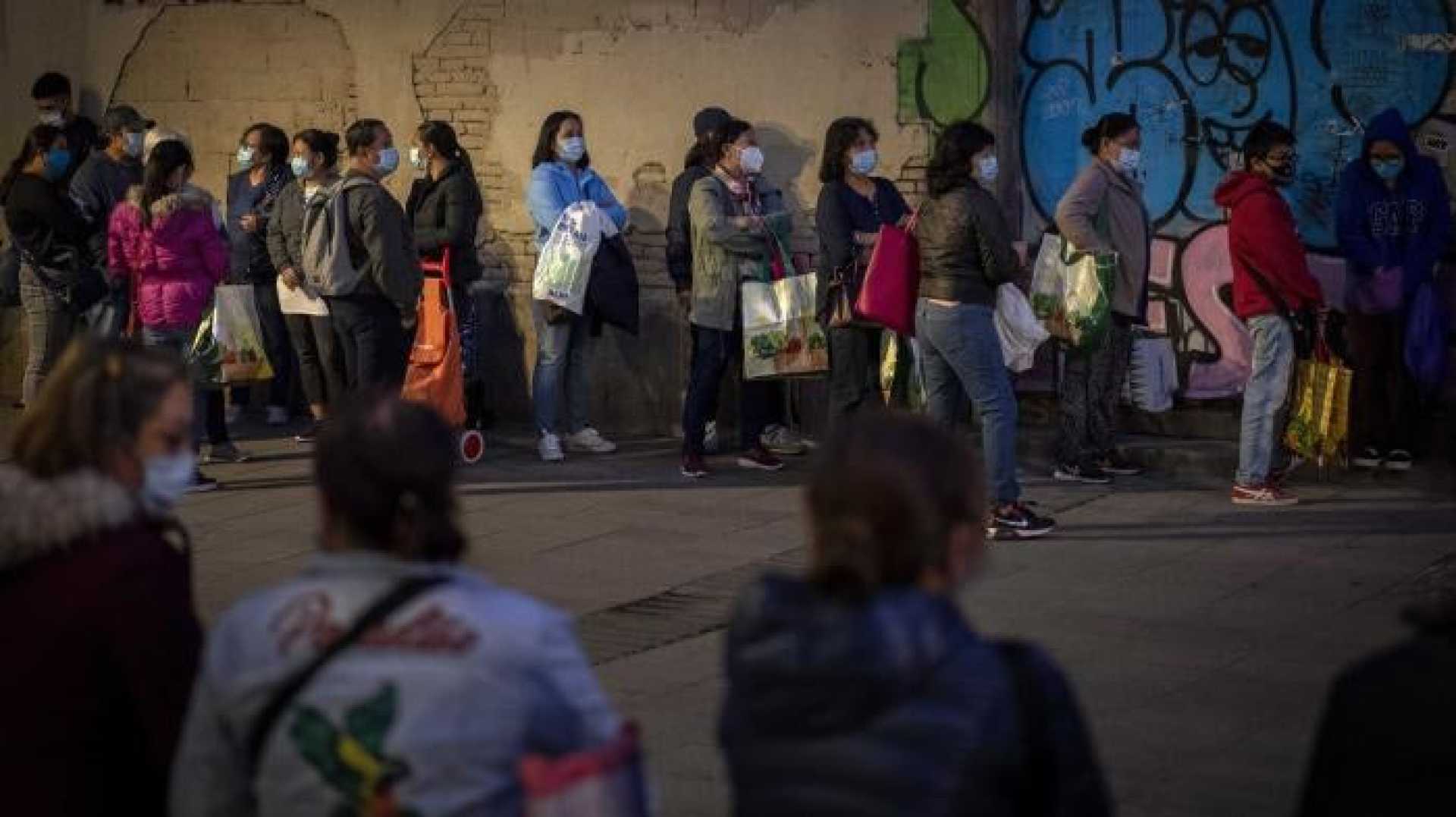News
Spain Faces Challenges and Opportunities Amid Rising Immigration

A group of Sub-Saharan African men are engaged in a game of bingo in a conference room of a hotel near León, a city in northern Spain. While they enjoy the moment, many bear severe past ordeals. Michael, a native of Ghana, fled to escape a violent conflict that took the lives of his sister and father. His journey included a perilous crossing from Morocco to the Canary Islands on an overcrowded inflatable boat organized by traffickers. “I was so happy, because I knew all my troubles, and the people trying to kill me, were behind me,” he recalls, reflecting on reaching Spain which he views as a safe haven.
Michael, who previously worked as a petrol pump attendant and a storekeeper in Ghana, aspires to continue his education in human resource management in Spain. “Spain is one of the most respected countries in the world,” he says, considering his new abode as an opportunity.
The hotel in Villaquilambre, now a migrant center, houses about 170 asylum seekers. They are part of the growing numbers arriving via the maritime route linking the African coast to Spain, mainly to the Canary Islands. According to official data, arrivals have increased by 59% compared to the previous year.
This influx has sparked political debate, emblematic of the immigration discussions across Europe. In Spain, the debate is fueled significantly by the far-right Vox party, which often portrays increasing immigration as a concern. Despite the political contention, the demographic trend points towards immigration as a potential solution to Spain’s looming labor shortage.
Javier Díaz-Giménez, a professor of economics at the IESE business school, highlights Spain’s demographic dilemma. The impending retirement of the baby boom generation, around 14.1 million Spaniards, poses a challenge due to a subsequent “baby crash.” He suggests potential solutions such as immigration or adopting technology-intensive models like Japan’s.
Spain’s central bank estimates a substantial labor shortfall over the next 30 years. In response, Prime Minister Pedro Sánchez has advocated for immigration, portraying immigrant workers as crucial for economic growth and social security sustainability. Recently, Sánchez proposed legalization for approximately 500,000 undocumented migrants, primarily from Latin America.
Public opinion, however, shows mixed reactions towards immigration. A poll indicates that 41% of Spaniards list immigration as a major concern, associating it more with insecurity than economic progress.
In Villaquilambre, the San Juan de Dios Foundation works to integrate asylum seekers into the local workforce. Dolores Queiro, from the foundation, emphasizes the importance of language and vocational training before employment. Local businesses like GraMaLeon, facing labor shortages, benefit from this arrangement, employing migrants who are eager to work. Ramiro Rodríguez Alaez, co-owner of GraMaLeon, recognizes the critical role immigrants play in meeting their manpower needs.












